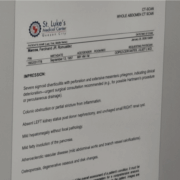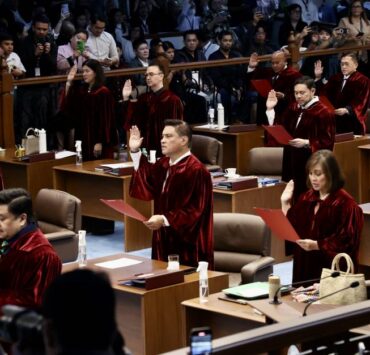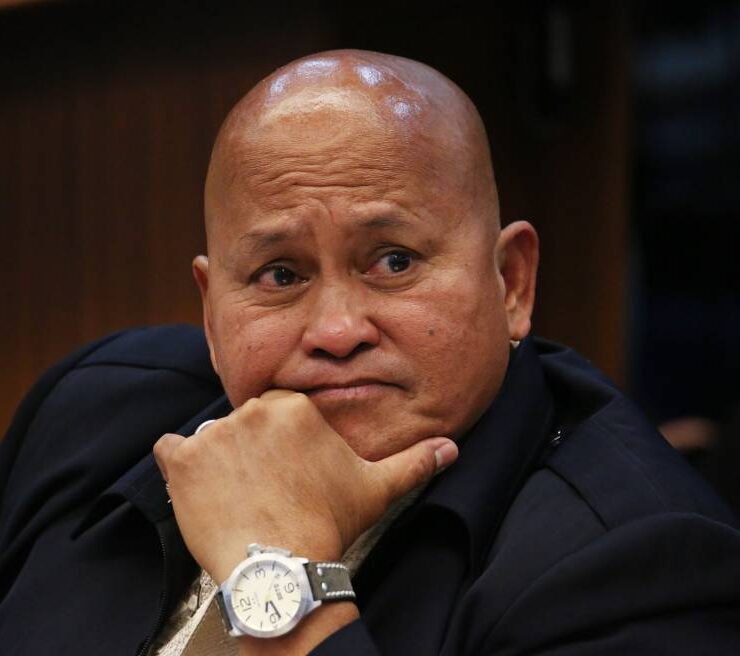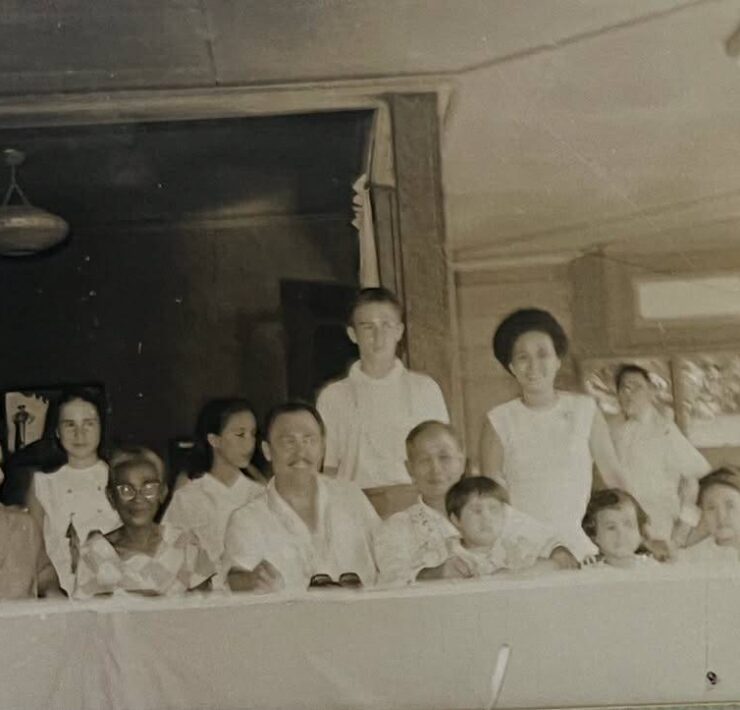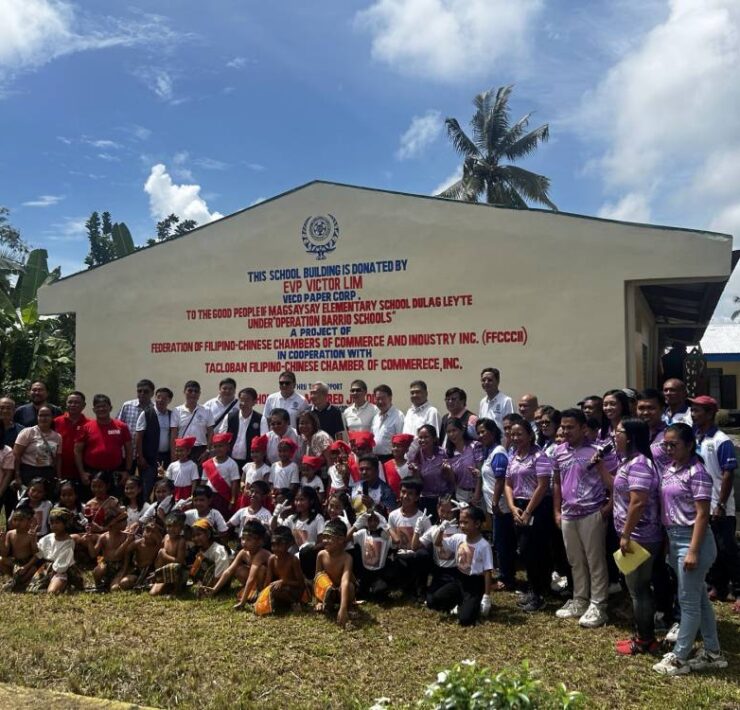Not enough time: Marcos sees VP trial crossing into next Congress
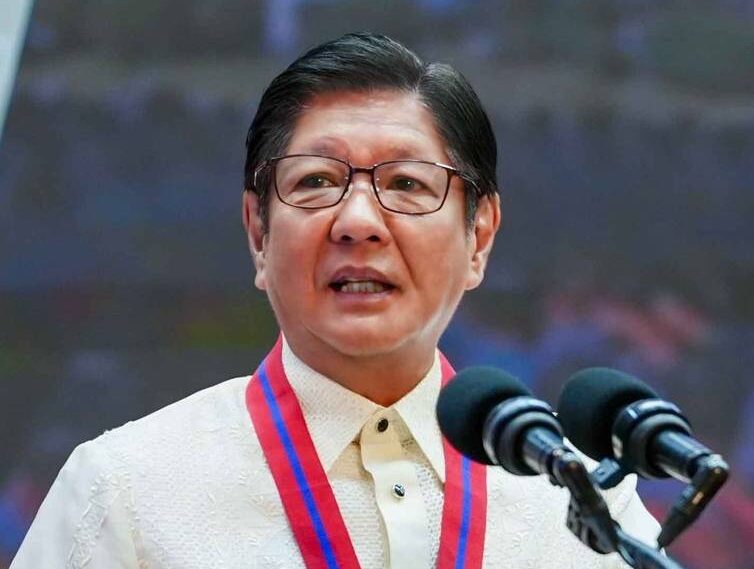
As far as President Marcos is concerned, there should be no “controversy” that the impeachment trial of Vice President Sara Duterte would cross over into the 20th Congress if the senators acting as the impeachment court decide to start it this week.
The President, who has openly and repeatedly said that he was against impeaching his former ally, was asked by reporters on Tuesday about his views on whether the trial will continue into the next Congress, which will include new lawmakers elected in last month’s midterm polls.
“It is very clear that it will because there is no way that even if they start the trial now, that they will finish it before the new senators come in,” said Mr. Marcos.
Court convened
The President had served as a senator-judge during the trial of impeached Supreme Court Chief Justice Renato Corona in 2012. He was in the minority that voted to acquit Corona.
Senate President Francis Escudero commenced the impeachment trial process on Monday by taking his oath as presiding officer of the impeachment court. The other senators took their oaths as senator-judges on Tuesday. (See related story on Page A2.)
The President said he was closely watching Escudero’s leadership as the senator ensures a smooth transition of the impeachment trial from the 19th to the 20th Congress while keeping a hands-off policy on the trial of Duterte, his running mate in the formidable UniTeam that swept the 2022 elections.
“This is really a function of the Senate right now. So, we leave it to them,” he said, pointing out that the impeachment complaint had been transmitted to the Senate months earlier.
‘Let Senate do job’
If convicted by two-thirds of the Senate, Duterte will be the first Philippine Vice President impeached and removed from office. It is uncertain, however, if the other penalty, being permanently banned from holding public office, will automatically apply.
Palace press officer Claire Castro declined to comment on whether Senate Majority Leader Francis Tolentino’s proposal to hold trial for 19 days before reaching a decision by noon on June 30 would be enough time for all the charges against the Vice President to be fleshed out.
Quoting the President, she said that matter was the Senate’s concern.
“But the President believes that each public servant, like us, should have transparency and accountability,” he said. “But in this situation, the Senate is focused on the impeachment trial while the President is focused on addressing the people’s needs.”
“So we should let the Senate do their job and let due process take its course,” she said.
Oath-taking lauded
House spokesperson Princess Abante welcomed the Senate’s initial steps to convene as an impeachment court starting with the oath-taking of the senator-judges.
“Ginalaw na po ang baso (they finally moved the glass) and they finally listened not just to the sentiments of the lower chamber but of the different sectors in society,” she said.
“What’s important is that we start the trial. So, we are waiting, the public is waiting, the country is waiting, not just the House of Representatives,” she said.
After the senators are sworn as judges, the impeachment court is automatically constituted, said Representative-elect Leila de Lima, who was appointed as one of the members of the prosecution panel.
No clear precedent
While the 1987 Constitution provides some details into what the Senate must do during trial, it is mostly up to the upper chamber to decide how it would conduct trials, said lawyer Paolo Tamase, an assistant professor at the University of the Philippines College of Law.
The constitutional law expert noted that there was no clear precedent on when trial really begins.
But in his opinion, it had already begun when Escudero took his oath because it was a key requirement of the Constitution and that it was done following the Senate Rules on Impeachment.
Escudero said that while the senator-judges have already taken their oaths, it only means that they have “constituted” but not yet “convened” as an impeachment court.
Tamase differed with the Senate leader’s position.
“If they were acting already in accordance with the Senate Rules on Impeachment and the Senate’s constitutional power is to try and decide cases, then they were already exercising their power as an impeachment court,” he said.
More delay tactics expected
De Lima said that trial would begin after Duterte submits her answers to the articles of impeachment (AOI).
“If the Senate is to be straightforward about being an impeachment court, and in the absence of a remedy in the rules of impeachment on a motion to dismiss the articles of impeachment, or questioning the validity of the articles, there can no longer be a discussion on both issues. Any effort to raise these issues after the reading of the AOI is therefore out of order,” she said.
But she said that she was not discounting the possibility of “more delaying tactics” including raising questions on every possible legal issue on the validity of the charges against Duterte and the impeachment proceedings in general.
For now, the public should “not yet expect exchanges between the judges and the prosecution and defense teams,” Tamase said.
“We are not sure what will happen when a senator moves for the dismissal of the case since, among others, that’s usually the job of defense counsel. In any case I don’t think they can do it via a normal Senate resolution because that is debated and passed under the Senate’s rules as a legislative body,” he added.
CBCP statement
The president of the Catholic Bishops’ Conference of the Philippines on Tuesday urged the Senate to do its duty and proceed with the impeachment trial following the Constitution.
“This duty is not optional. It is a solemn mandate arising from the principle of checks and balances enshrined in our democratic system,” Cardinal Pablo Virgilio David said in a statement.
Delaying, dismissing or ignoring the process for “political convenience” betrays the Constitution and the people’s trust, he said, adding that senators were “bound in conscience to act with integrity and impartiality.”
“If there is nothing to hide, there is nothing to fear,” David said. “The search for truth is not a political agenda; it is a moral imperative. Let conscience guide your actions. Let the truth take its course.”













